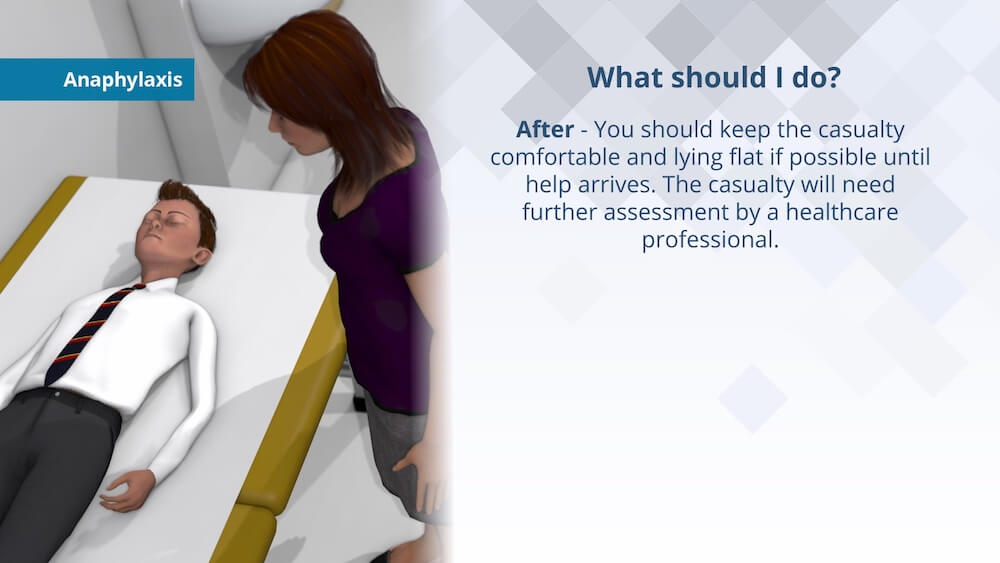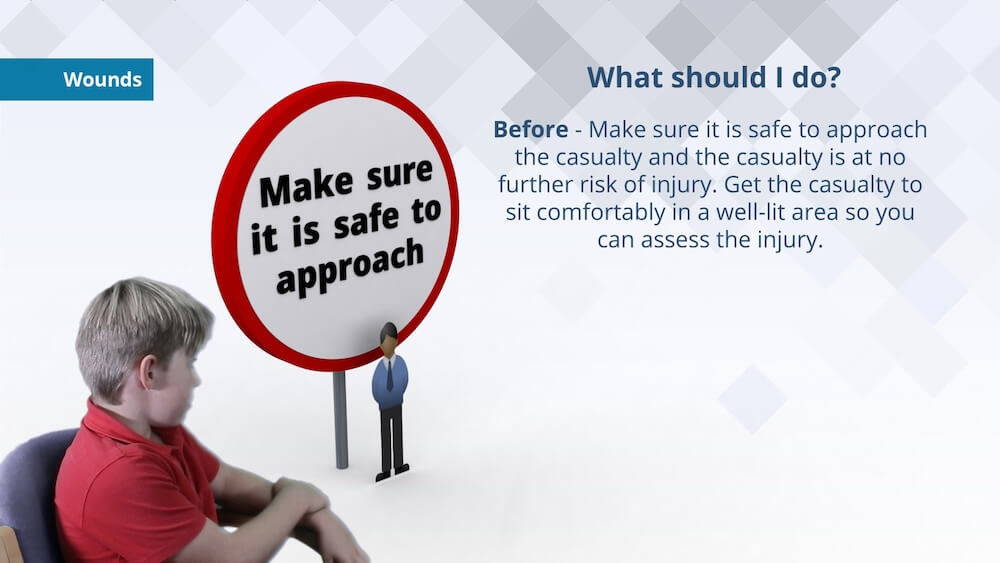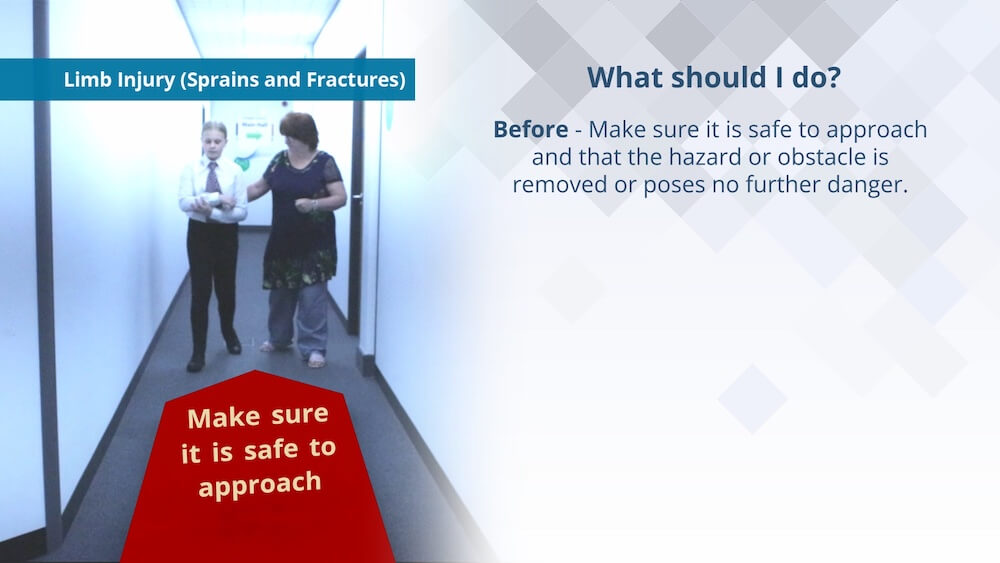First aid in schools – everyone’s responsibility
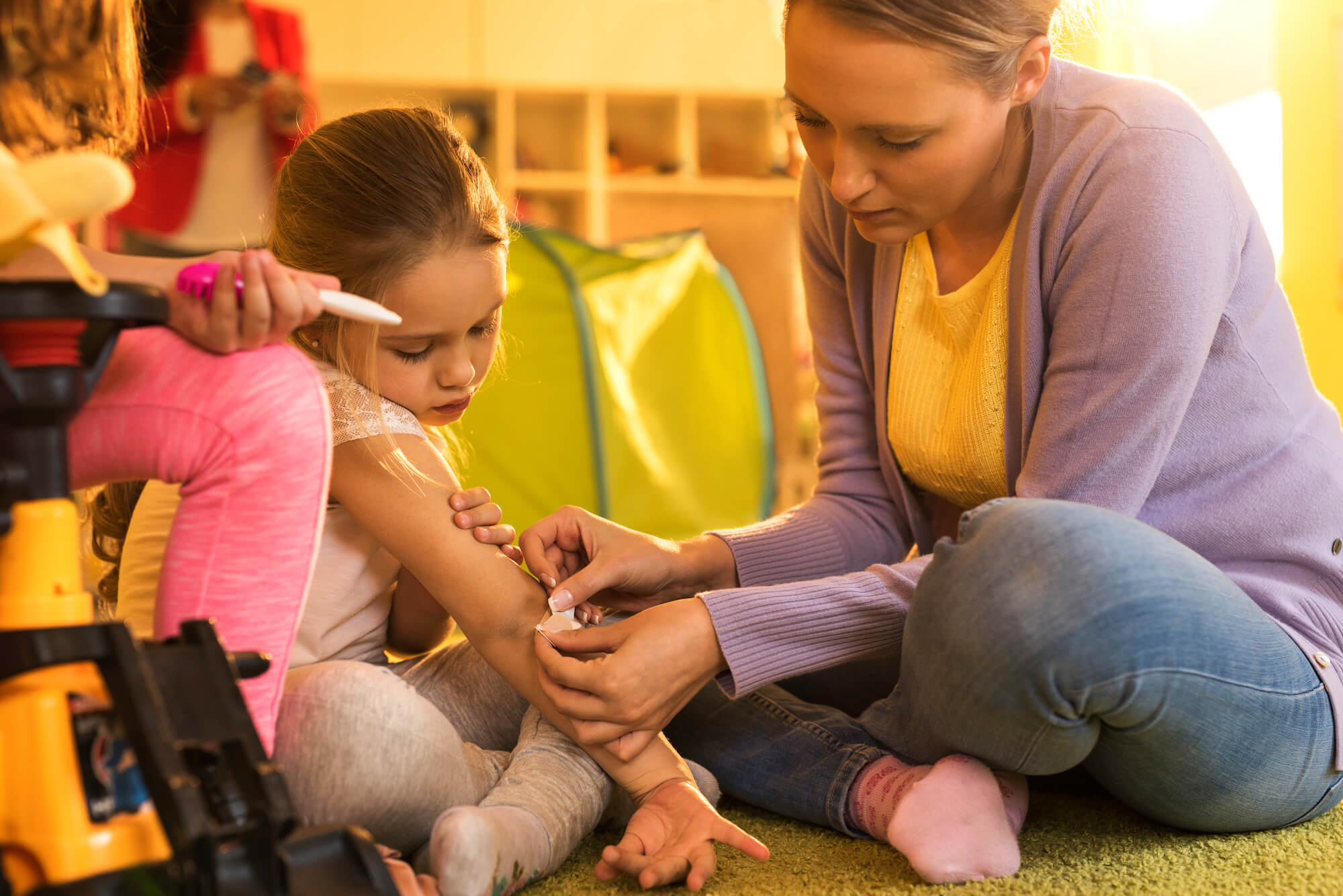
On the launch of their First Aid Basics In An Educational Setting course to support teachers and staff working in schools, academies and colleges, Safeguarding Director at SSS Learning, Sam Preston, makes the case for universal training of all staff across educational settings.
I am absolutely delighted to add our 'First Aid Basics In An Educational Setting' course online training to our suite of safeguarding courses, developed with the support of GP Principal Dr Gwyn Williams. For me, this is an essential component of keeping adults and children safe in educational settings and on off-site visits, which complements and supports those who have undertaken specialist training. However, it is important that, as with any training, learning should be evidence based and of a high standard which is why we have consulted with Dr Williams on our training course content.
Is first aid training mandatory?
All settings working with children and young people are required to complete a risk assessment of first aid needs taking into account:
- The size of the setting, including split sites and / or levels
- The location of the setting
- Any specific hazards or known risks on the site
- Accident statistics
- The number of trained first aiders required
The aim of a risk assessment is to identify hazards and to examine and identify measures in effectively responding to reduce the likelihood of the hazard occurring. Legislation does not define the numbers of first aiders a setting should have which is why the individual setting risk assessment is crucial in ensuring qualified support is adequate.
So, having qualified first aiders is essential but how can they be supported, and the setting better protected?
The answer is simple- by ensuring all staff have the basic skills to provide safe first aid support in the immediacy of any situation.
If there are qualified first aiders why should teachers and staff in schools complete basic first aid training?
Basic first aid knowledge is an important tool, providing all staff working with children and young people with the skills to quickly and safely respond in the first instance to accidents and situations where intervention becomes necessary. This will enable them to initially manage incidents promptly and effectively until a trained professional can take over.
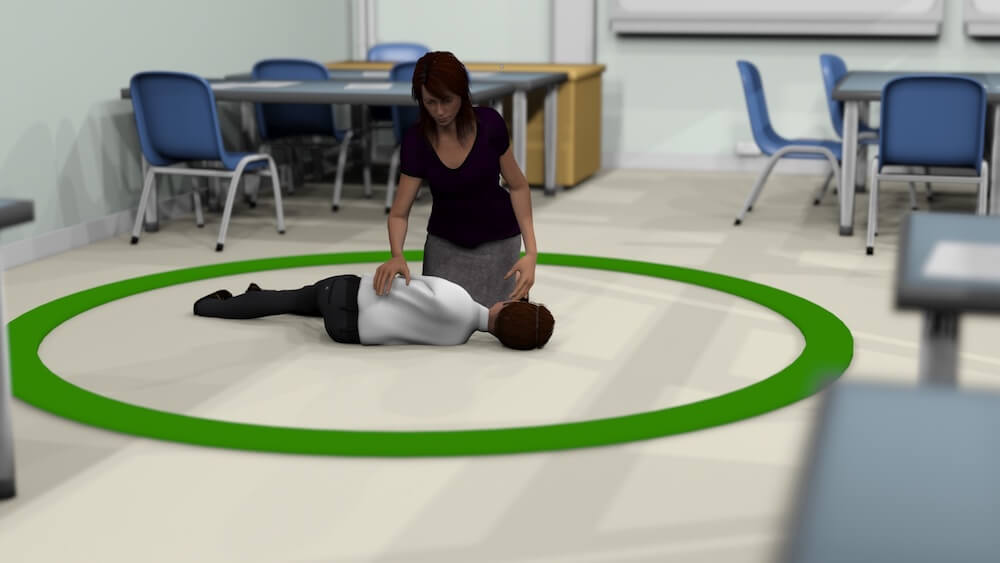
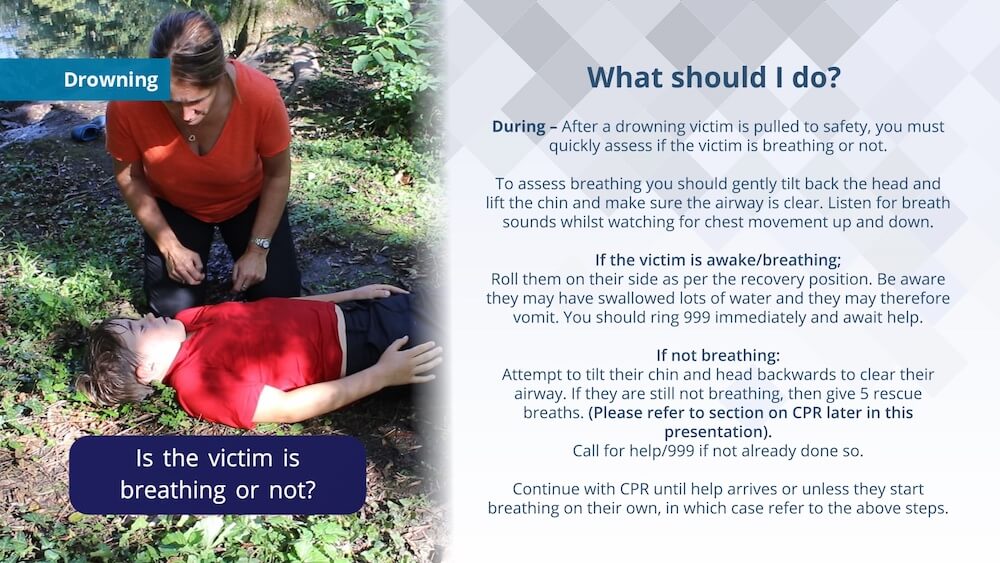
Types of first aid intervention
So, what are the possible situations where basic first aid intervention might be required? Incidents include:
- Nose bleeds
- Wounds
- Insect bites / stings
- Limb injuries- sprains and fractures
- Choking
- Electric shock
- Sunburn
- Burns
- Low blood sugar (hypoglycaemia)
- Asthma attacks
- Severe allergic reaction (anaphylaxis)
- Seizures
- Drowning
- Head injuries
- Eye injuries
- Stroke
Whilst not an exhaustive list, training all staff to know how to immediately respond to these situations will enable them to offer quick and effective support. Implementing skills such as putting someone into the correct recovery position and hands only/rescue breaths cardiopulmonary resuscitation (CPR) quickly will have a significant impact on the health of the casualty.
The benefits of basic first aid training
There is no question that qualified first aiders have an important role to play in protecting and keep children and young people safe. However, by additionally equipping all staff working in schools, academies and colleges with sound basic first aid skills, we can be sure every precaution is being taken to ensure practice in our settings and on educational visits is safe and secure.
SSS Learning Safeguarding Director
14 October 2020
